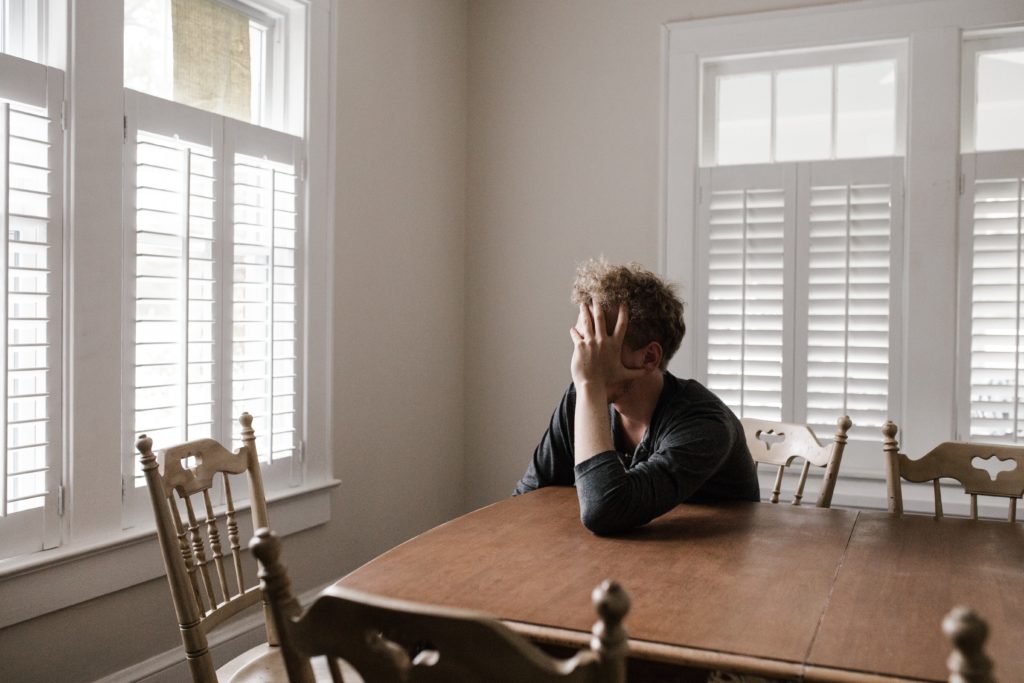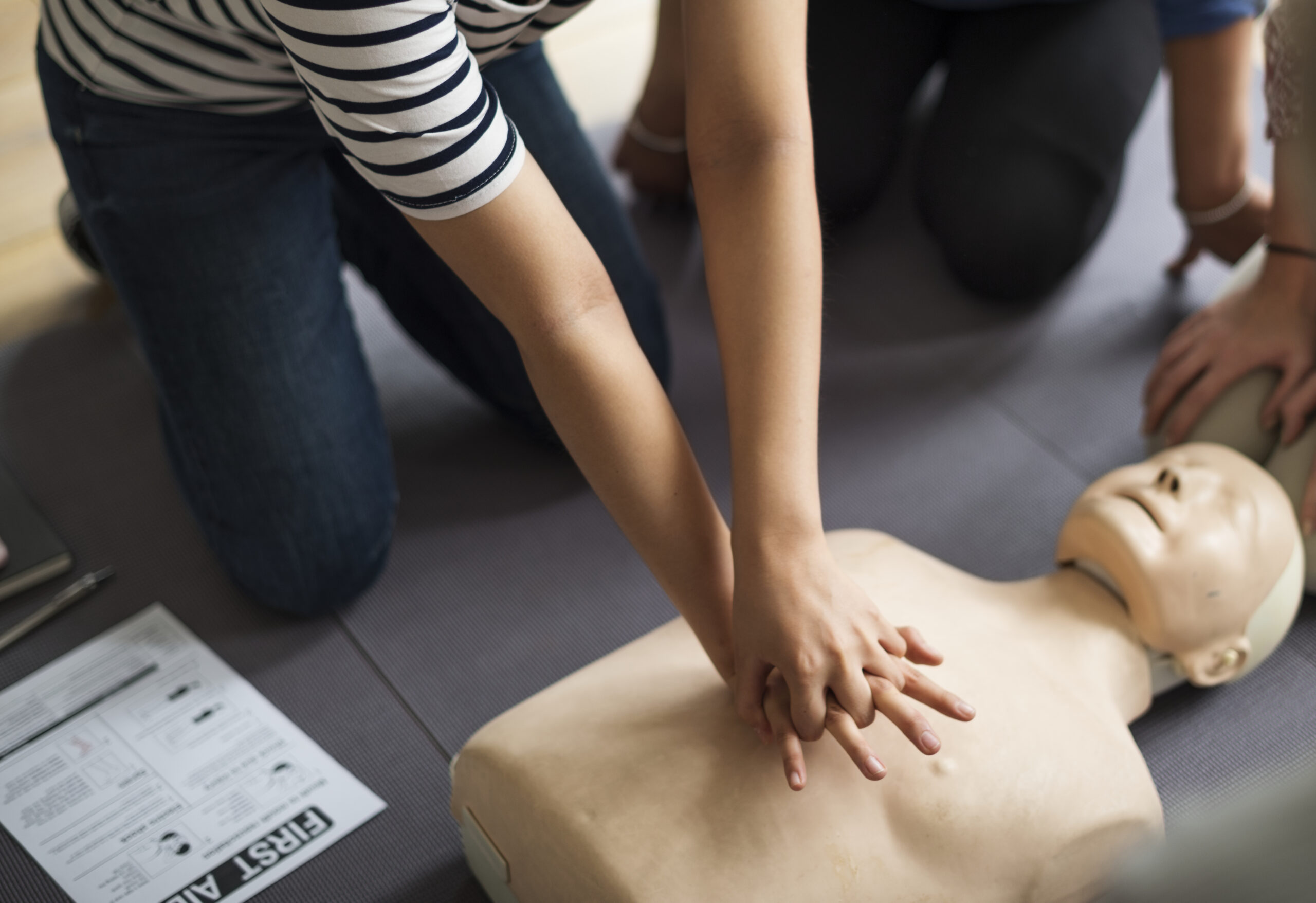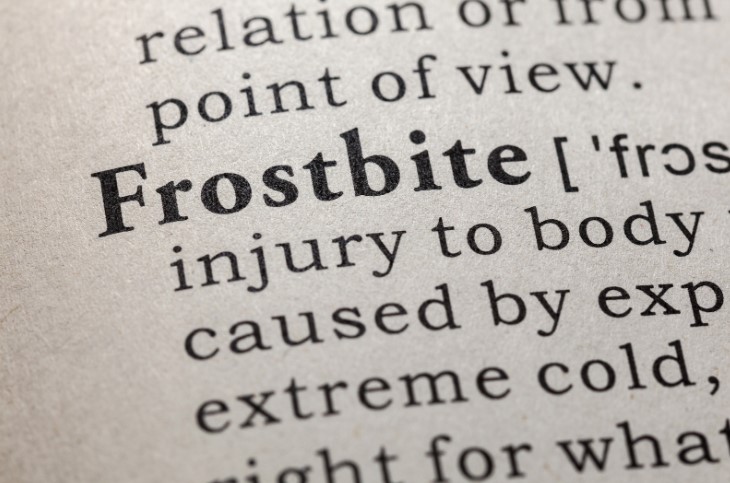Depression is a normal reaction to loss or life challenges in men, women, and people of all gender identities. It is a mental health condition that affects how a person thinks, feel, and acts.
Depression In Men
Depression impacts many people of all ages and backgrounds, including men. Contrary to misconception, it is normal for men to feel down from time to time. Changes in mood and behaviour are typical reactions to losses, setbacks, and disappointments in life. However, severe male depression can change how a person thinks, feel, and function.

In worse cases, it can interfere with productivity at work or school and affect your social relationships. It can also disrupt your regular sleeping patterns and have an impact on the overall quality of life. Severe depression in men can be intense and unrelenting.
According to studies, women experience higher rates of depression than men. However, male depression may have higher tendencies to feel intense emotions such as anger, aggressive behaviours and may engage in substance abuse. Most men are not open in sharing or seeking help for their feelings. As a result, many of them may have undiagnosed depression.
Read on as we explore warning signs of depression in men, along with some tips on recognising and managing this condition.
Signs And Symptoms
The common symptoms of depression or major depressive disorder in men include:
- Anger, irritability, or aggressiveness
- Feeling anxious, restless, or constantly on the edge
- Problems with sexual libido and performance
- Engaging in risky activities
- Change in behaviour
- Excessive intake of alcohol or taking drugs
- Inability to meet work and family responsibilities, and other obligations
- Physical pain including back pain, headaches, cramps, or digestive problems
Men with a family history of this condition are at high risk of developing one. Studies suggest that genetic factors may have something to do with it. Depression is also more likely to occur in older men and people with health issues like cancer, heart disease, diabetes, and Parkinson’s. On top of that, the depressive disorder often makes the symptoms of said medical conditions worse.
Other factors contributing to this mood disorder include work stress, long-term unemployment, living in an abusive relationship, long-term isolation, and loneliness.
Why Male Depression Is Often Undiagnosed?
Despite modern times, toxic masculinity still exists around depression and other mental illnesses for men. It is also a sign of weakness. In many populations, not just in Australia, it is sometimes not considered “manly” to share feelings.
Although there have been improvements in recent years, we cannot deny that the stigma around male depression still exists.
Treatment For Depression In Men
There is no complete cure for depression, but effective treatments can reduce or help eliminate symptoms. The most important thing is to start looking for help and make some lifestyle changes.
- Regular Exercise
Engaging in any form of physical exercise enhances endorphins which increase serotonin levels. Exercising will get a person the same feeling when taking an SSRI or selective serotonin reuptake inhibitor. SSI is a commonly anti-depression drug prescription.
- Self-help Wellness Techniques
A wide range of self-help techniques and therapies are available to treat mood disorders. These include meditation and some breathing or relaxation exercises.
- Medication
Doctors usually give a list of antidepressants or mood-stabilising medications after a consultation. These medications have chemicals in them that helps the brain in controlling moods. Prescription drugs typically take 4 to 6 weeks to be effective.
- Encourage Professional Help
Ask the person how they are coping with stress and other life’s rocky patches. If they want help, encourage them to visit a counsellor or their GP for a consultation. Provide options where they can choose.
- Psychological Treatments
There are available psychological treatments for depression, depending on the person’s status. The doctor may recommend cognitive behaviour therapy (CBT), interpersonal therapy (IPT), psychotherapy, and counselling.
Conclusion
Ignoring signs and symptoms of depression only makes things worse. It starts with your recognising your feelings and then start taking action to overcome them.
Mental Health First Aid Course teaches participants how to understand, recognise, and respond to someone in a mental health crisis. Taking an MHFA class is the first step in a person’s recovery and prevention.








